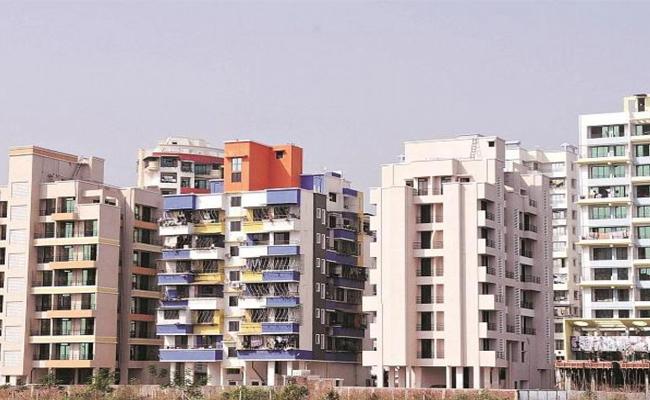
Corruption in private banks, particularly involving commissions on loans, is an age-old phenomenon.
While it used to be sporadic, it has now become rampant, especially in the private banking sector. Some bank managers demand bribes, and complaints to higher authorities often go unaddressed, as they may also be part of the nexus.
This issue is particularly prominent in home loans, where the vulnerability and urgency of clients are exploited to extract illegal payments.
Home buyers in several states are facing difficulties in getting loans from banks, prompting many to rely on commission agents who take a percentage of the sanctioned loan.
Buyers usually approach nationalized banks for lower interest rates, but repeated visits and extensive documentation requirements make the process cumbersome.
Banks often demand engineer evaluations and legal opinions, which buyers must pay for, further complicating matters.
To circumvent these hurdles, buyers engage agents who charge three to five percent or more of the loan amount. Some bankers allegedly delay sanctions until bribes are paid.
Fraudulent practices have led to individuals misappropriating funds, collecting advance payments, and even EMIs before being terminated. Though loan sanctioning conditions have eased somewhat, buyers continue to face challenges.
Real estate representatives demand for the importance of clean projects and following norms.
Home buyers are urging authorities to streamline the loan approval process to prevent dependence on agents and avoid corruption in home financing. But who can stop this when the private banks are also not an exception.














